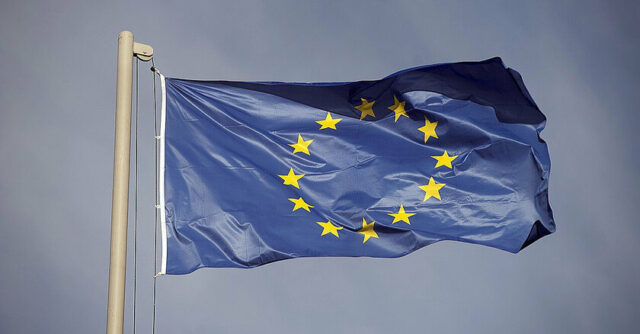Insights on European Opinions Regarding the Russia-Ukraine Conflict
In recent insights drawn from a survey commissioned by the European Council on Foreign Relations and highlighted by «European Truth,» it becomes strikingly clear that a majority of Europeans harbor hopes for a peaceful resolution to the ongoing conflict between Russia and Ukraine. Interestingly, a notable number of respondents indicated that their optimism would increase significantly if Western nations were to amplify their military support for Ukraine.
### Diverging Perspectives Across Europe
The survey uncovers a mosaic of opinions about the war, revealing a blend of hope and skepticism. While many Europeans perceive Ukraine’s chances of clinching a victory to be slim, Estonia stands apart, showcasing a unique optimism. Why is that? Perhaps it’s due to public discussions in Estonia emphasizing resilience and solidarity, which taps into the nation’s historical experiences.
In contrast, when looking at countries like Bulgaria, Greece, and Italy, there’s a collective call for a swift peace agreement. This highlights a vital insight: regional histories and political narratives shape perceptions. For instance, Bulgaria’s memories of conflict in the Balkans may drive a preference for rapid negotiations rather than prolonged warfare.
### The Quest for Just Peace
The survey also unveils stark contrasts in political affiliations across Europe. Respondents from countries like Estonia, Sweden, and Poland are more inclined to advocate for what they deem as a “just peace” for Ukraine. This term resonates deeply, suggesting not just an end to hostilities, but also fairness and respect for Ukraine’s sovereignty—elements that some fear could be compromised in hasty negotiations.
To put this into perspective, think of it like a family mediation process where all voices must be heard. If one child feels overlooked, it might lead to resentment and unresolved issues down the line. Similarly, in international relations, a failure to acknowledge all parties’ concerns may foster future conflicts.
### Stability in Public Opinion
Interestingly, the survey results demonstrate remarkable stability in public opinion; similar sentiments have persisted over recent months. This consistency indicates a collective mindset that is both reflective and resistant to rapid changes, likely influenced by ongoing developments and media reports.
Analysts note that such stability can be crucial for policymakers. Understanding where the public stands can inform diplomatic approaches and outreach efforts. For instance, countries leaning toward peaceful negotiations may benefit from fostering dialogue with their leaders to ensure that popular sentiment aligns with political action.
### Europe’s Policy Direction: Navigating Complexities
When it comes to Europe’s policy regarding the Russia-Ukraine conflict, there is a clear inclination among respondents to support Ukraine’s mission of reclaiming its territories. Yet, there’s also a nuanced conversation about the need for Ukraine to explore potential agreements with Russia—highlighting a delicate balancing act.
This bifurcation in opinion underlines the complexity of public sentiment; people can simultaneously wish for Ukraine’s victory while recognizing the inevitable need for dialogue. It’s a reminder that, much like any intricate relationship, peace isn’t simply the absence of conflict but requires ongoing efforts toward understanding and compromise.
### Conclusion: A Multifaceted Landscape of Opinion
This survey sheds light on the intricate tapestry of European views toward the Russia-Ukraine conflict. It outlines a landscape where the desire for support of Ukraine coexists with calls for diplomatic negotiations. As discussions progress, addressing these diverse perspectives will be essential in forging a path toward peace that resonates with all parties involved.
Ultimately, this rich array of opinions serves not just as a snapshot of current thoughts, but as a beacon guiding political actions and decisions in a tumultuous landscape. Engaging deeply with these sentiments will be critical as Europe seeks to navigate the complexities of this conflict in pursuit of lasting harmony.





